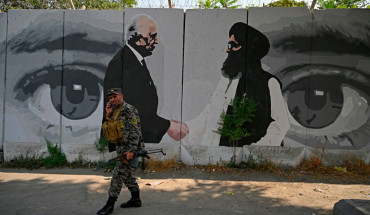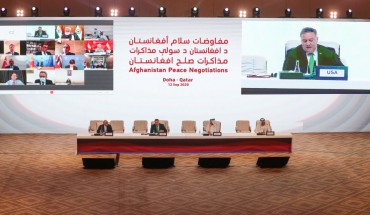
Dr. Grace Wermenbol is a Director in NIM-Near East at the Office of the Director of National Intelligence. She previously served as a consultant to the U.S. Government. The Middle East Policy Council listed her in their 40 Under 40 awards for influential Middle East experts in 2023.
Dr. Wermenbol lectured at the University of Oxford, where she taught on the Israeli-Palestinian conflict, and was a researcher at Oxford’s Department of Politics and International Relations. She is the author of A Tale of Two Narratives (Cambridge University Press, 2021), a study of Israeli and Palestinian societies in the post-Oslo era. She received her PhD and master’s from the University of Oxford, St Antony’s College.
Dr. Wermenbol has published with leading international think tanks, including the Atlantic Council, Carnegie Endowment for International Peace, and the International Institute of Strategic Studies, and she has briefed intergovernmental organizations such as the United Nations. Her commentary has appeared in the Washington Post, Voice of America, France 24, BBC, Haaretz, The Jerusalem Post, among other prominent media outlets.
Contact Information
Email: gwermenbol@mei.edu
This individual is a guest contributor. MEI is not able to assist with contact requests.














